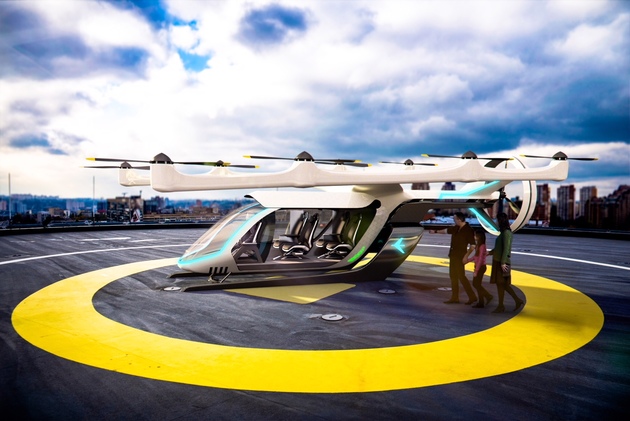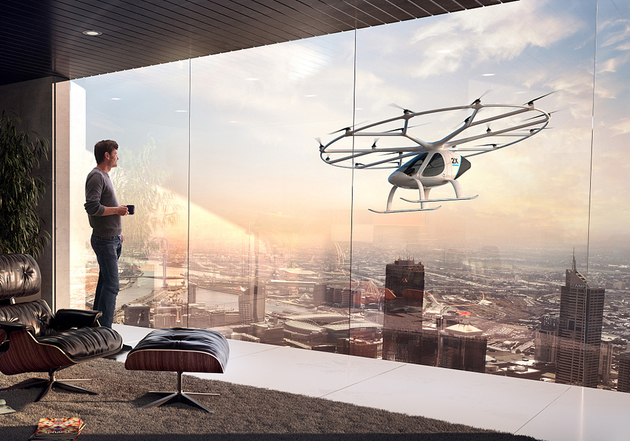
Photo/Dfic
Dec. 28 (NBD) -- Terrafugia, a Massachusetts-based flying car developer wholly owned by global automotive group Zhejiang Geely Holding Group ("Geely"), has begun taking orders for its first product.
Terrafugia previously announced that deliveries of the Transition, a two-seat 'roadable' aircraft that can switch between driving and flying modes in less than one minute, would begin in 2019.
Geely also plans to launch its second product capable of vertical takeoff and landing in 2023, according to the 21st Century Business Herald.
Terrafugia is one of several companies pursuing flying-car technology and none of these companies has delivered full-fledged flying vehicles so far.
Only time will tell whether Terrafugia is able to deliver its flying cars as scheduled, as some companies have failed to make on-time delivery to customers as they promised.
The AeroMobil 4.0 Flying Car designed and manufactured by Slovakia's AeroMobil became available for pre-orders in late 2017. However, the flying car's designer once announced that the car would be delivered in 2017 but later postponed the delivery time to 2020.
The same delay happened to PAL-V, a Dutch company developing roadable aircraft. The first PAL-V Liberty model made its successful maiden flight in 2012 and was put on stream in 2014. Despite pre-orders taken in 2017, the shipping time has been changed to the year of 2020 from late 2018.
A consensus has been reached that flying cars can be used in a wide range of scenarios. A research team of Huatai Securities said apart from easing the road traffic pressure, flying vehicles can be used to deal with emergency situations such as fire fighting, border patrol, rescue operations as well as emergency courier services.
However, flying cars still face challenges before large-scale commercial use, despite the wide range of possible applications and functions.

Photo/VCG
As Jake Lussier, Flying Car Project Lead at Udacity, pointed out in an interview with the 21st Century Business Herald, flying cars are facing challenges both technologically and socially.
On the one hand, to introduce the system of flying cars into cities' infrastructure will trigger certain protests from society, for instance, the noise problem. Raquel Girvin at Federal Aviation Administration deemed public acceptance very significant for the development of the flying-car domain, adding that what level of noise is acceptable for the public should be discussed.
On the other hand, technological bottlenecks need to be resolved before flying cars make automatic and safe trips.
In Lussier's views, hardware innovation remains the biggest challenge facing flying vehicles, and any technology that is brought into this field has to be well integrated.
Zach Lovering, head of Vahana, Airbus' personal, autonomous and electric flying machine, singled out battery capacity as a critical issue, noting that today's batteries can't store enough energy for the flying vehicles.
Other issues standing between flying car developers and success include challenges in fuselage design and expensive prices.
The AeroMobil Flying Car costs 1.2-1.6 million U.S. dollars, the price of the first Liberty model is set at 499,000 euros (568,311 U.S. dollars), and the Transition model of Geely is expected to be sold at 290,000 U.S. dollars at least.
The demand for flying cars plays an important role in the development of the sector, in that prices can fall when demand goes up, Lussier commented. If flying cars are shared on a small and medium scale in communities, the cost per capita will be relatively lower and flying cars will be better promoted to the public, Lussier added.
Email: gaohan@nbd.com.cn


 川公网安备 51019002001991号
川公网安备 51019002001991号





